Caste and Capitalism in Colonial India presents an anthropological and historical challenge to the traditional assumptions about kinship, caste, and commercial organizations in South Asia. Focusing on the Nattukotai Chettiars, a merchant-banking caste that played a central role in South Indian banking and trade in the period from 1870 to 1930, Rudner explores the nature of non-capitalist economic formations and the impact of colonial rule on indigenous commercial systems, as well as variety and change among India’s caste and ethnic groups. Regardless of theoretical perspectives adopted by anthropologists and historians studying social organization in South Asia, certain assumptions have remained unchallenged: that all castes are organized either by marriage alliance or status hierarchy and that caste structures are incompatible with the "rational" conduct of business. Drawing on extensive fieldwork and archival research, Rudner argues against such monolithic characterizations. He demonstrates that in the case of the Nattukotai Chettiars, caste and commerce are inextricably linked through formal and informal alliance, institutions, and practices crucial to the formation and distribution of capital. Rudner traces the growth of these structures over the course of the nineteenth and early twentieth centuries, exploring the ways in which Indian merchant-bankers used indigenous social structures to profit from colonial rule. Caste and Capitalism in Colonial India is the first comprehensive analysis of the interdependence among Indian business practice, social organization, and religion. Rudner’s findings have significant implications for scholars of Asian history and anthropology.
Crime, Justice and Women
$42.30
$47.00

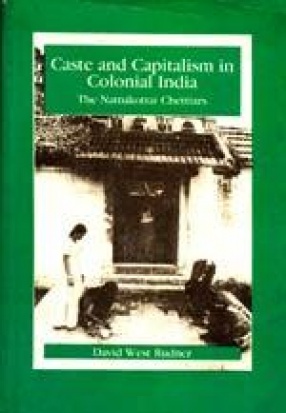
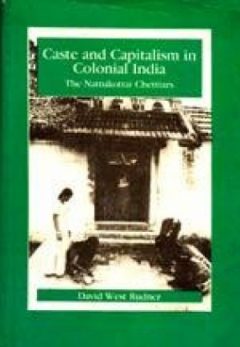
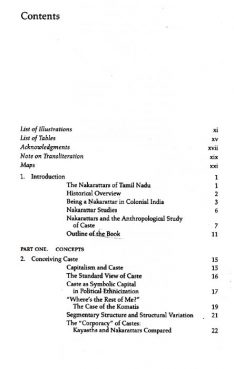
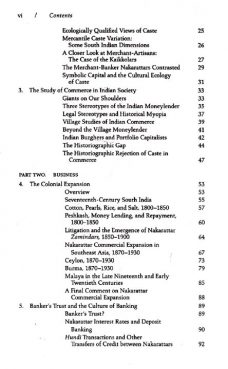
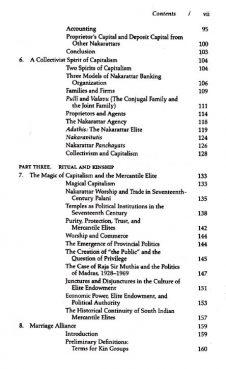
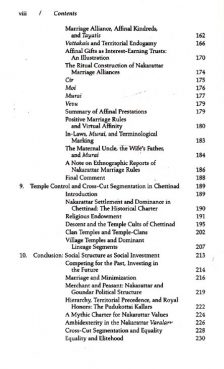
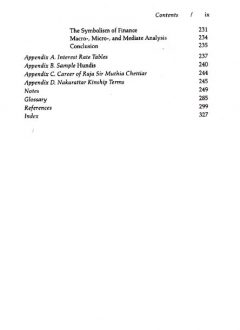



There are no reviews yet.